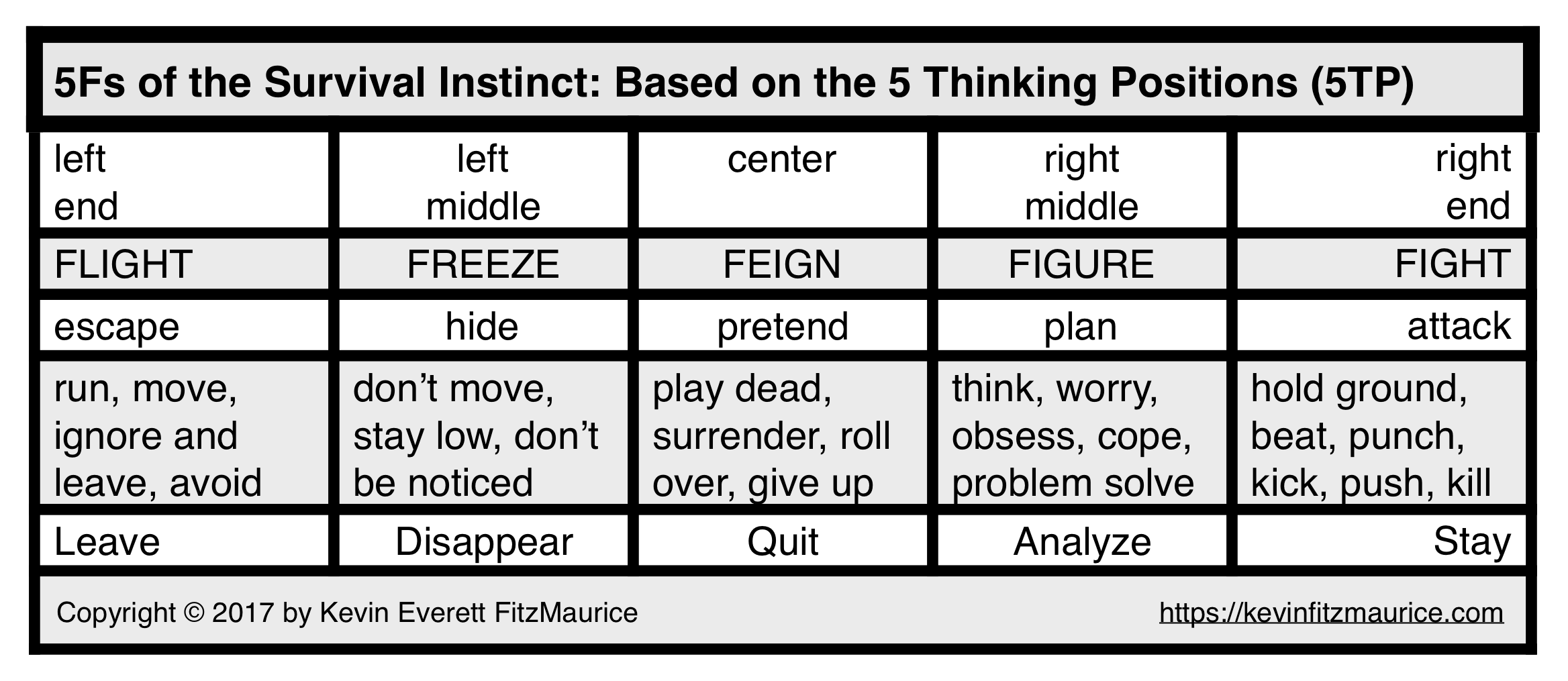Throughout human history, our ability to detect harmful substances through smell has been crucial for survival. While certain scents may seem unpleasant to us now, our sensitivity evolved for an important reason - to recognize rotten or toxic foods. This enhanced sense of smell allowed our ancestors to avoid consumption of spoiled nutrients that could make them sick. In this way, smell perception was shaped by natural selection over thousands of years. Let’s explore how our senses developed specialization for scent detection and what roles this played in human evolution.
Why We Find Certain Smells Distasteful
More than 2 million years ago, early humans relied heavily on hunting and gathering different plant foods, nuts, fruits and meat in diverse environments. fresh food detection was vital for choosing nourishment that provided optimum nutrition without risks. Those with a keener sense of smell held an advantage in differentiating decaying material from safer options. Gradually, receptors in our noses evolved heightened sensitivity to particular odor compounds often associated with spoilage. Two key compounds are hydrogen sulfide gas and methanethiol. Produced as proteins break down, their distinctive rotten egg stench signals the presence of microbes consuming dead and dying matter. Individuals who could detect infinitesimally small amounts of these molecules left a greater number of offspring, perpetuating this genetically-encoded smell perception. Today, we perceive the signature scents as unpleasant due to this deep-rooted evolutionary incentive to avoid spoilage.

How Our Ancestors Benefited from Acute Scent Detection
In addition to avoiding toxic foods, accurate smell perception facilitated other survival advantages. It allowed hunting societies to stealthily track game by scent over long distances. Groups relying on gathering would use aroma to efficiently locate seasonal fruits, nuts, plants and mushrooms. Mothers developed a superhuman sense of smell to recognize their infants from miles away on the open savannah. The ability to identify danger scents like predators, venomous creatures and hazardous gases provided a lifesaving early warning system. Recognizing sickness odors on other members of the tribe helped avoid contagion. Such finely-tuned smell abilities were rewarding in terms of reproductive success and passing desirable traits to the next generation.
Sulfur Compounds and Their Biological Origins
The two most potent sulfur-containing spoilage indicators, hydrogen sulfide and methanethiol, commonly form during biological breakdown processes. When proteins and amino acids putrefy in low-oxygen conditions, sulfate-reducing bacteria metabolize them, generating these sulfur gases as byproducts. Both are highly volatile yet detectable even when diluted down to minute quantities. Ironically, sulfur itself is an essential micronutrient the body needs in trace amounts. It forms the amino acid cysteine and is part of important proteins and enzymes. However, exposure to high concentrations of reduced sulfur compounds like hydrogen sulfide gas can asphyxiate by paralyzing the olfactory nerve or poisoning cells through reactions with metal ions and protein sulfhydryl groups. This made quick identification through smell equally critical for avoiding toxicity.
The Powerful Selective Pressure of Scent Detection
The intensity with which we experience the taste of sulfur and its derivatives indicates how strongly evolution shaped our smell perception through natural selection. Individuals lacking sensitivity to these spoilage cues tended to ingest more rotten nourishment, contract foodborne illness and have reduced fertility or survival rates. Those best capable of detecting infinitesimal traces left behind on average more surviving children. Gradually this built up population-level changes where almost everyone expressed an acute, instinctual aversion upon smelling telltale spoilage molecules. The results speak for themselves - humans live over 70 years on average compared to just 15-20 years in prehistoric times, largely due to technologies like sanitation and preserved foods. However, our innate detection capabilities remain remarkably attuned due to their long history of improving evolutionary fitness.
Smell As an Ancestral Survival Mechanism
In essence, our distaste for certain smells has purpose rather than signifying bad fragrances themselves. The olfactory bulbs in our brains contain over 400 different types of specialized odor receptor genes matched to recognize decay-associated compounds. Our negative perceptions arose from those genetic variants spreading because their bearers more commonly avoided toxins long ago.
Today, smell retains value for selecting fresh ingredients, dating spoilage and detecting gas leaks or fires before visible signs appear. Yet it also indirectly impacted many other survival traits. By choosing the healthiest foods and environments, our forebears optimized physical wellness, higher energy levels and stronger immune protection - all yielding longer reproductive periods over generations. Ultimately smell perception fine-tuned itself as an intricate, primordial survival mechanism.

 Hard Shell vs Soft Shell Suitcases: Which One is Better for Your Travel Needs?
Hard Shell vs Soft Shell Suitcases: Which One is Better for Your Travel Needs?